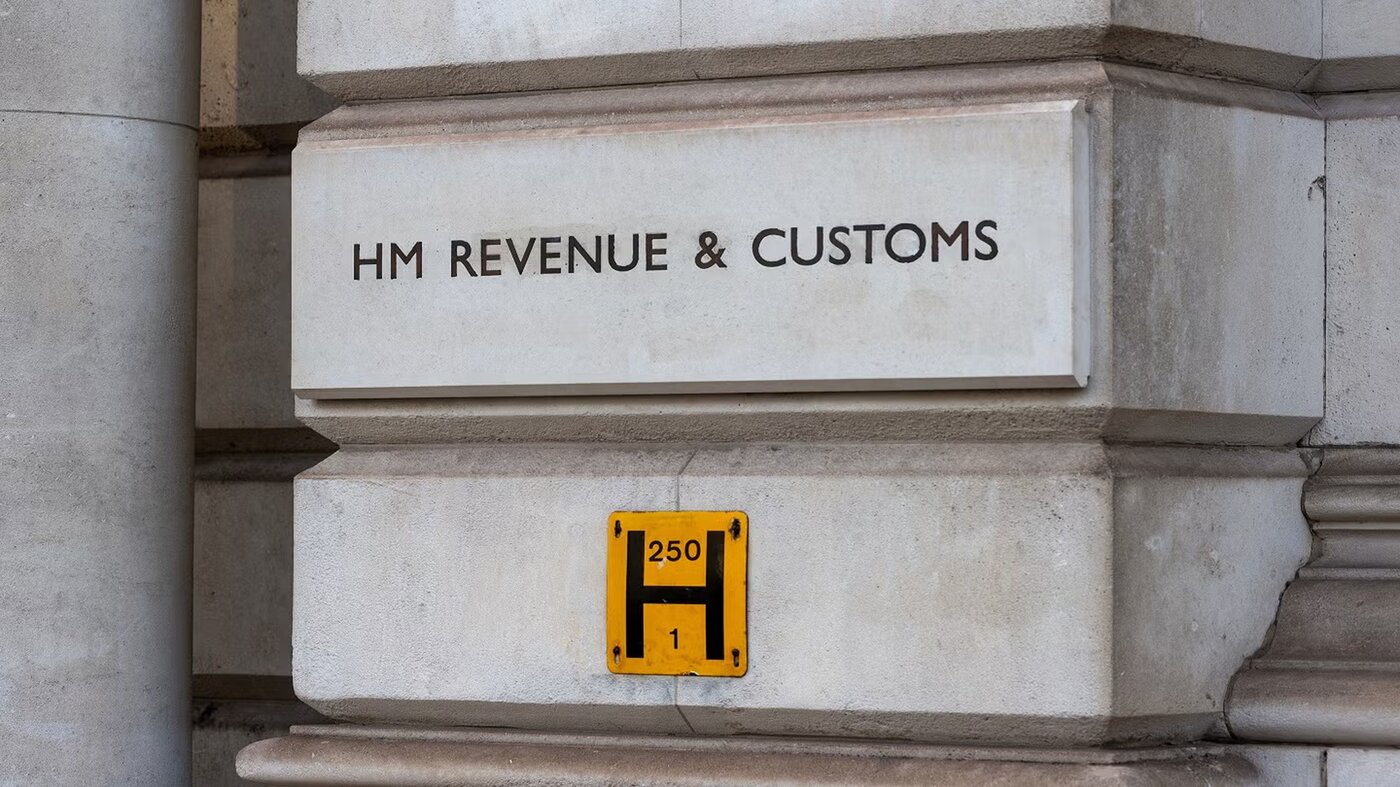HMRC Ramps Up Compliance Checks Across the UK
HMRC is increasing its scrutiny of individuals and small businesses, with thousands now finding themselves under tax investigation each year. The clampdown targets avoidable errors that trigger red flags in HMRC’s data systems.
Finance experts warn that many of these investigations stem from simple, preventable mistakes, not deliberate tax evasion.
“An investigation doesn’t automatically mean wrongdoing,” said Chris Roberts, Managing Director of Capital Allowance Review Service. “But it does mean stress, time, and potentially professional fees to resolve. Awareness and accurate record-keeping are key.”
Lifestyle Doesn’t Match Declared Income
One of the biggest triggers for HMRC enquiries is when a taxpayer’s spending habits don’t align with reported income.
“If you report a modest salary but drive a luxury car or take lavish holidays, HMRC will notice,” Roberts explained.
The tax authority uses data matching technology to cross-check information from banks, the Land Registry, and even social media activity. To avoid scrutiny, taxpayers are urged to ensure all income sources such as rental income, investments, or side businesses are declared accurately.
Running a Cash-Based Business
Businesses that operate heavily in cash, such as restaurants, salons, and trades, face higher audit risks.
“Cash transactions are harder to trace,” said Roberts. “That’s why HMRC keeps a close eye on them.”
To stay compliant, experts advise business owners to bank all takings, use proper till systems, and maintain detailed transaction records. This provides an audit trail if HMRC decides to investigate.
Late Filings and Return Errors
Frequent missed deadlines or amended returns are a clear warning sign for HMRC.
“One late filing might be forgiven, but a pattern of delays or errors signals disorganisation or worse, deliberate avoidance,” Roberts said.
Taxpayers should set calendar reminders well in advance of submission dates and consider using a professional accountant to ensure accuracy.
Mixing Personal and Business Finances
A common mistake among sole traders and small business owners is blurring the line between personal and business spending.
Mixing funds can make it hard to justify expenses and raises suspicions during an audit.
Roberts recommends opening a dedicated business bank account and paying yourself a salary or drawings, rather than using business funds for personal costs.
“This clarity protects you if HMRC queries your accounts,” he added.
Unrealistic Expense Claims
Overstating expenses is another red flag that triggers HMRC’s automated systems. The authority routinely flags unusually high or inconsistent expense claims, especially for categories like travel, meals, and home office costs.
“Only claim expenses that are wholly and exclusively for business purposes,” Roberts said. “Keep receipts and be ready to justify every claim.”
Examples of high-risk claims include writing off personal mobile phone bills or family trips as business expenses.
Sudden Changes in Income or Profit
Sharp, unexplained drops in income or profit margins can also attract HMRC attention.
“A 50% fall in turnover without explanation will raise eyebrows,” said Roberts. “If your business circumstances change, document the reasons carefully.”
Factors such as losing a major client, economic shifts, or rising costs should be clearly recorded and supported with evidence.
How to Stay Safe from HMRC Investigations
Experts stress that prevention is better than cure when it comes to HMRC enquiries. Keeping accurate records, maintaining clear separation of finances, and filing on time can significantly reduce risk.
“If you’re ever unsure about your tax position, get professional advice early,” Roberts concluded. “Getting it right from the start saves major headaches down the line.”











